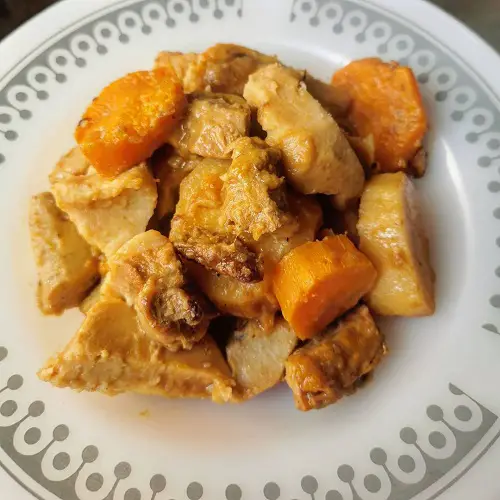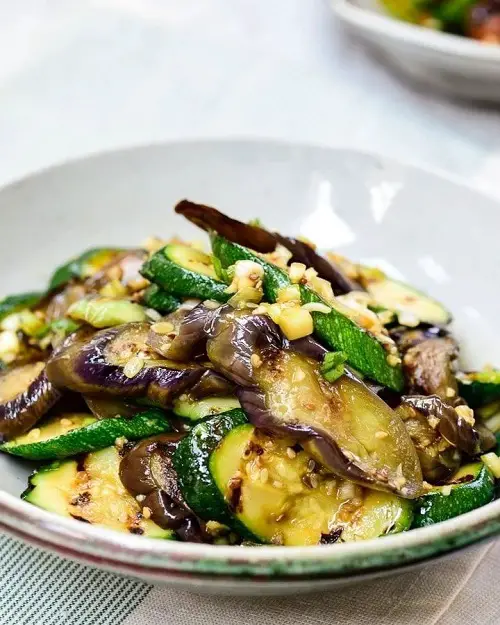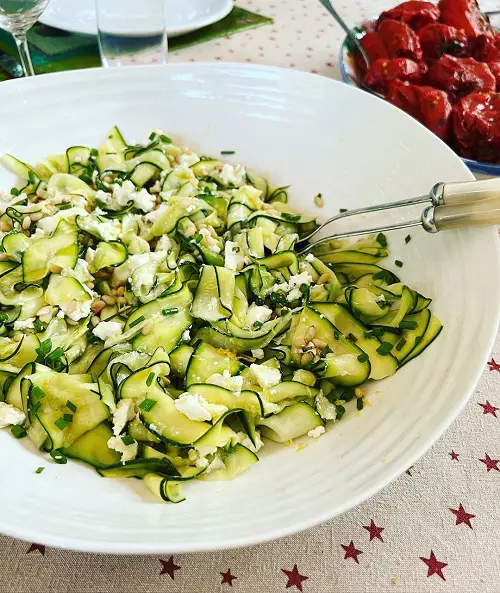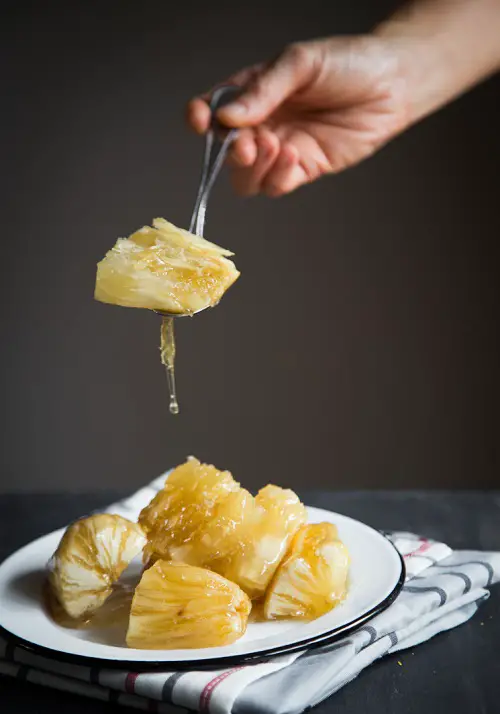Want to know about the Vegetables that Become Gooey When Cooked? Well, these are some of the most slimy ones!
Certain vegetables, initially firm and crisp, may turn into a gooey mess in the container while cooking. Want to know their names? Keep reading!
Look at the Vegetables that Grow from Leaves in this Post
Vegetables that Become Gooey When Cooked
1. Okra
Botanical Name: Abelmoschus esculentus
Often used in stews and gumbo, okra contains mucilage, a sticky substance that thickens when heated. As it cooks, this mucilage is released, giving the vegetable a slimy texture.
Learn Growing Okra In Pots in this Post
2. Taro Roots

Botanical Name: Colocasia esculenta
Popular in Asian cuisines, taro roots are often used in soups, stews, and desserts. They take on a gooey and starchy consistency when cooked for a while.
3. Eggplant

Botanical Name: Solanum melongena
Also known as aubergines, it turns gooey due to the breakdown of cell walls and the release of water content. The result is a soft and somewhat mushy texture.
4. Tomatoes

Botanical Name: Solanum lycopersicum L.
Tomatoes contain pectin, a type of soluble fiber that breaks down during cooking and contributes to the gooey feel of dishes like sauces and stews.
5. Zucchini

Botanical Name: Cucurbita pepo
Like eggplant, the softening of zucchini results from the breakdown of cell structure and the release of water. Be careful as overcooking can lead to excessive gooiness.
6. Mushrooms
When cooked, mushrooms release moisture and can become gooey, especially if sautéed for an extended period. Sauteeing or roasting for a bit is the best way to enjoy them!
Read about Toxic Mushrooms Found Easily in Garden
7. Onions
Botanical Name: Allium cepa
Onions, when cooked with water, turn gooey. The sugars in the onions break down and create a soft, sticky texture. Roasting or caramelizing is the way to go!
Find How to Grow Unlimited Supply of Onions in Big Plastic Bottles at Home
8. Tapioca Roots
Botanical Name: Tapioca
Tapioca roots are rich in starch, which is responsible for their thickening properties in cooking. You can see it becoming quite slimy after cooking for a while.






